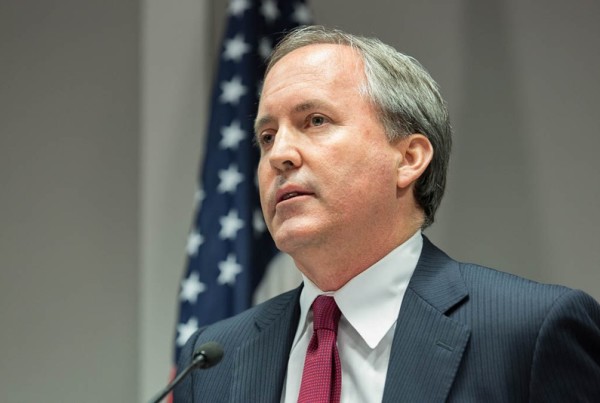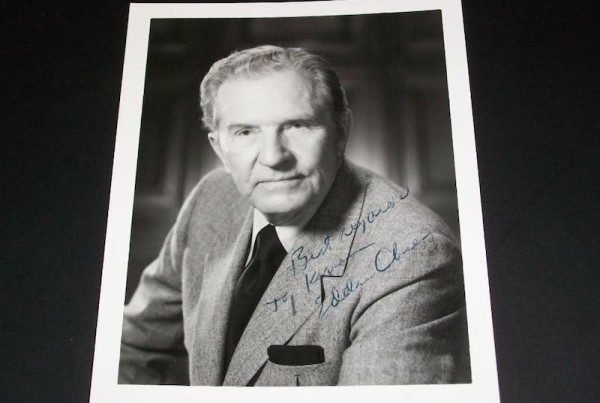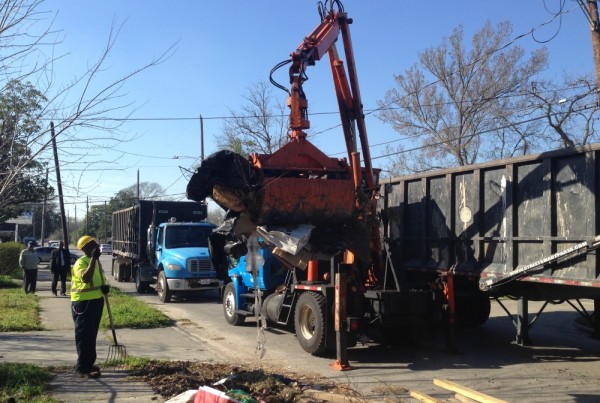This story originally appeared on KUT.
“I would be curious to see how many times a pure, sober sexual assault happened,” Rep. Myra Crownover (R-Denton) said to UT researcher Noel Busch-Armendariz, who was testifying at the time. “And I think that’s something that we need to talk about. The two are so intertwined I can’t see talking about one without talking about the other.”
Busch-Armendariz agreed alcohol often plays a role—both as a weapon and a way to increase the vulnerability of victims.
“No, I think it’s very intertwined, and it needs to be in every conversation, practically,” Rep. Crownover continued. “The best defense is being sober.”
The comments were made during a House Education Committee hearing on sexual assault prevention on college campuses. Crownover—and the rest of the House Higher Education Committee—have been asked to research and make recommendations to prevent sexual assault on college campuses.
Crownover, under criticism, clarified her comment via email:
“My statements this morning in the Higher Education hearing were taken out of context. Let me be clear, whether or not the victim of a sexual assault was intoxicated does not mitigate, condone or excuse the actions of the other party. However, I do not think we can properly address the issue of sexual assault on college campuses without also discussing the role drugs and alcohol play in this important issue.”
Nearly 19 percent of female students who responded to a UT Austin survey said they have been victims of sexual assault involving physical force or incapacitation.
In an emailed statement, Lucy Stein, Advocacy Director of Progress Texas, criticized the lawmaker’s comments.
“I am disgusted by the victim-blaming comments made by Rep. Crownover during today’s hearing. Ignorant statements like these from elected officials are inexcusable, as they further marginalize victims of sexual assault, making it harder for victims to speak out and easier for predators to evade culpability for their crimes.”

















